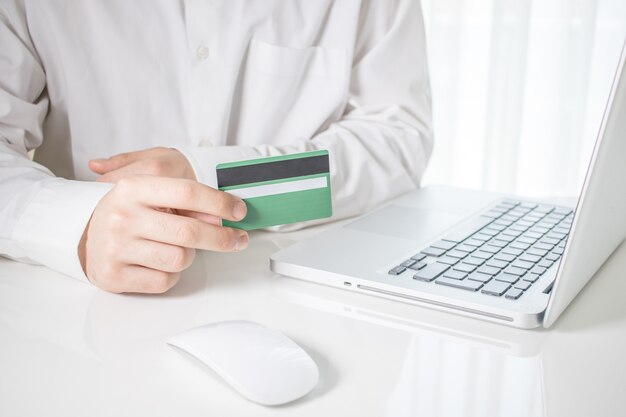
Credit card debt can be a major financial burden for many, often made worse by high-interest rates and small minimum payments. But with some smart strategies and a solid financial plan, you can tackle and eliminate your credit card debt within a year.
Even though the year might be winding down, you can still make a significant dent in your debt. There’s no better way to start the new year than being free from debt. Here’s a straightforward guide to help you get there.
1. CREATE A BUDGET
Think of your budget as your financial road map. To figure out where you can save and put more money towards your credit card debt, you need to know where your money is going. List all your monthly income and expenses, including rent, utilities, food, and other bills. This will help you see how much you can allocate towards paying off your debt.
Next, break your expenses into essential (like rent and groceries) and non-essential categories (like subscriptions and dining out). Reducing non-essential expenses can free up more money to pay down your debt.
2. PRIORITIZE YOUR CREDIT CARD DEBT
If you want to pay off your credit card debt quickly, you need to know which debt to tackle first. It’s usually best to start with the card that has the highest interest rate. Pay the minimum on other cards and put any extra money towards the highest interest debt.
For example, if you owe $2,000, $600, and $300 on three different cards, start with the $2,000 card to save on interest. Alternatively, you could start with the card with the smallest balance to gain motivation from an early payoff win.
3. NEGOTIATE LOWER INTEREST RATES
If you’ve been making payments on time and your credit score has improved, you might be able to negotiate a lower interest rate with your credit card company. Even a slight reduction can save you a lot over time.
You might also consider a balance transfer card that offers 0% APR for a certain period, allowing you to pay off your debt without interest. Additionally, a low-interest personal loan could help you consolidate your credit card debt and reduce interest payments.
4. CUT YOUR EXPENSES
To pay off your debt faster, you’ll need to cut your spending. Look for ways to save, like cooking at home more often, canceling unnecessary subscriptions, and reducing entertainment costs. Try sticking to a cash budget for a few months to keep your spending in control.
Keep track of your expenses and adjust as needed. Every dollar saved can go towards paying down your credit card debt.
5. CONSIDER DEBT CONSOLIDATION
If you have multiple high-interest credit cards, consolidating your debt into a single loan might make your payments easier to manage and reduce your total interest. This can be a good option if you’re struggling to make minimum payments on several cards.
To wrap it up, paying off credit card debt takes time, dedication, and patience. But with a good plan, you can make significant progress. Focus on creating a budget, prioritizing your debts, negotiating lower interest rates, reducing expenses, and possibly consolidating your debt. This approach will help you achieve a debt-free and financially stable future.
Celebrate your small victories along the way, and don’t hesitate to seek advice from a financial advisor if needed. Good luck!